Humidity balanced tips: How to keep your home humidity level stable
There are a few things that you can do to keep your home humidity level stable. First, ensure that all your air conditioning and heating units are working correctly. Second, turn off any electronic devices that may be causing the home to stay too hot or too cold. Finally, make sure that all of your windows are open and let in natural light.
8 tips to keep your home humidity balanced
When it comes to keeping your home humidified, there are many great products out there. However, even though they say something about keeping your house at 60-80% relative humidity, they still need to work. You must read the fine print and understand what the product does before buying it. If you're unsure if these types of products work, here are some tips to help you figure it out.
Humidity balance is key to keeping your home healthy and comfortable. Here are five tips to help you stay on track:
1. Humidifier
As much as we love them, there are times when a humidifier may be overused. Having an air conditioner circulating throughout your home can make your home feel damp even though you have a humidifier running. Therefore, it is best to use a humidifier only when necessary.
2. Dehumidifiers
Dehumidifiers
If you live somewhere that gets a lot of moisture in the summertime (like Florida), then dehumidifying devices can be useful. In fact, it is possible to build a DIY dehumidifier using items commonly found around the house. Here's how you do it:
First, find a fan. Then, cut down the center section of a cardboard box. Next, take two pieces of duct tape and wrap each side of the box. Then, place the fan inside the box and close off the top of the box. Finally, put your favorite fan settings on the fan. To test whether or not the dehumidifier works, open up your windows and turn on your fan. If you notice any condensation on the window panes, your dehumidifier works!
3. Moisture Meter
A moisture meter can tell you exactly how moist your home is at any given moment. There are different kinds of moisture meters, including those that measure water vapor, those that measure total area, etc.
4. Air Ducts
The air ducts play a huge role in keeping your house at its optimal humidity level. They may need to be fixed if they're old or dirty. It would help if you cleaned them regularly to ensure proper airflow throughout the house. If they seem clogged up, you need to have them cleaned professionally. Also, ensure that your HVAC system's temperature settings are set correctly.
5. Watering System
You should always check the water levels before showering or bathing. Ensure that the tub and sink faucets are turned off if you plan to take a bath or shower. When washing dishes, make sure that you don't use soap, just plain warm water. Don't leave running toilets unattended or turn off the hot water while brushing your teeth.
6. Humidity Control
If the humidity inside your home is too high, it can cause certain types of mold to grow. To prevent this from happening, you need to control the humidity levels in your home. Use fans to cool down the rooms where people spend time (such as bedrooms), and open windows to let in the fresh air. Place humidifiers in bathrooms and kitchens. In some cases, you might even want to install dehumidifying units to save money on heating bills.
7. Window Coverings
Window coverings help reduce the amount of sunlight that enters a room. Blinds and curtains block direct sunlight and only allow indirect lighting to enter. However, it would help if you never put blinds over a window that faces south or east because those directions receive the most sun.
8. Ventilation Fans
Open windows and doors to let fresh air circulate around your home. Close vents and windows when cooking or baking to avoid excessive odors.

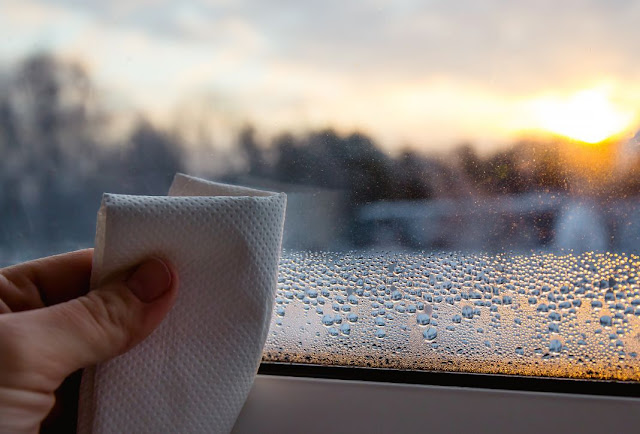
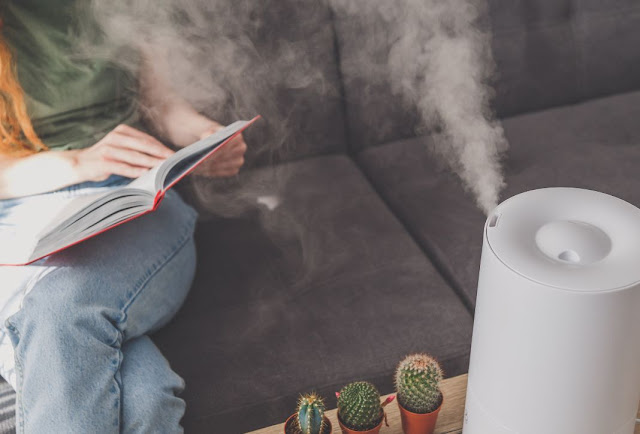
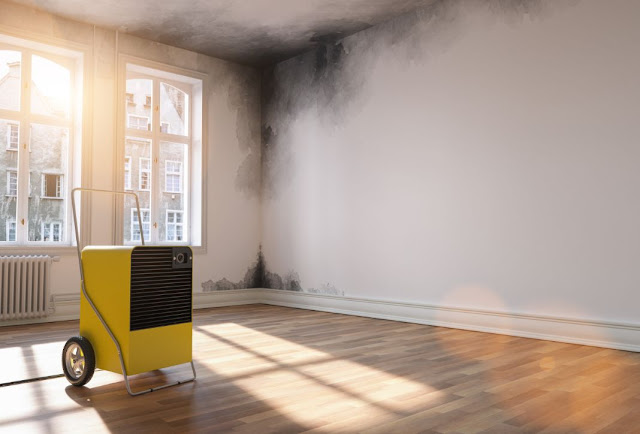
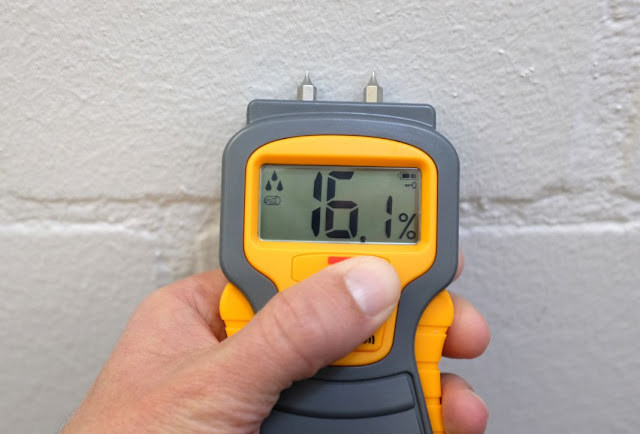
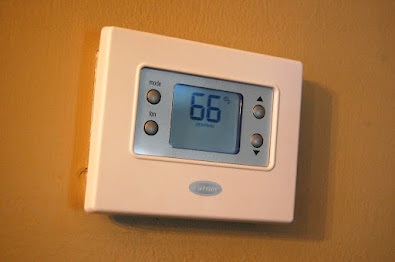


Comments
Post a Comment